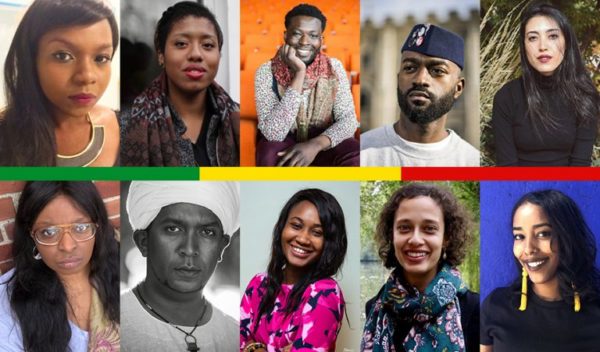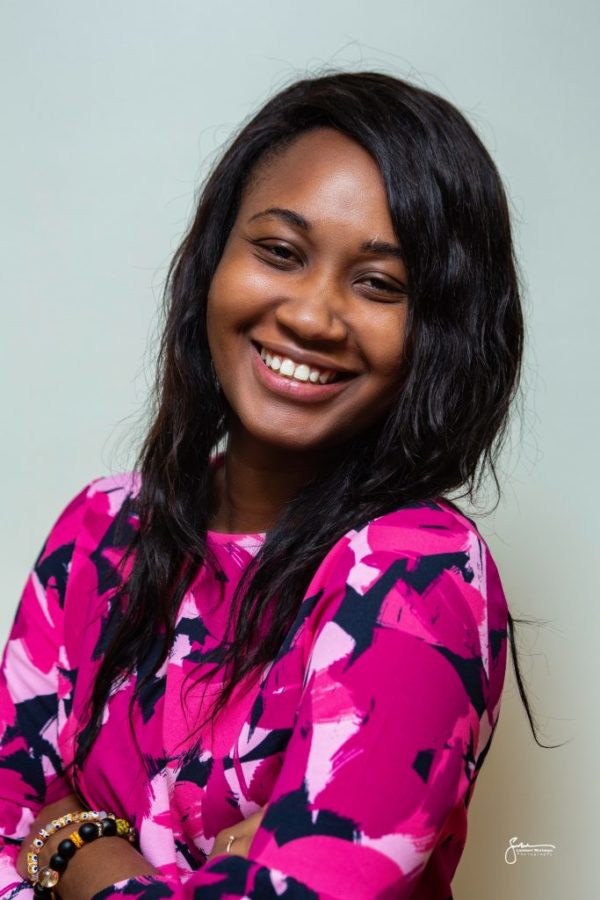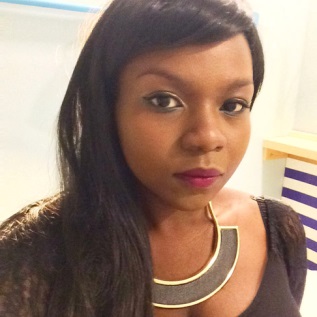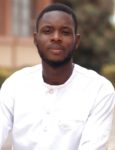
In 2018, Brittle Paper introduced a Brunel Prize Poems Review series, starting with poems on that year’s shortlist. The series returns for the 2019 Prize.
READ: Brunel Prize 2019 Poems Review | Part 1: Jamila Osman & Selina Nwulu
READ: Brunel Prize 2019 Poems Review | Part 2: Omotara James & K. Eltinae
The 2019 Brunel International African Poetry Prize shortlist came with ten poets, most of whose works are truly worthy of the career-making prize. Through varying styles and themes, all the poems have one thing in common: a determination to speak the truths of their realities, which is what good poetry should do. These poems are strong. However, whether they represent the high quality of contemporary poetry by Africans is another question entirely. In fact, a strong argument could be made about subsequent shortlists failing to match that of the 2017 Prize.
Looking at the finalists, one would be forgiven for assuming that the 2019 prize was open only to Africans in the diaspora. It also makes us wonder if there is even such an essentialist idea as “African poetry,” as almost all the poems could have been written in an African-American context. But this is not the time to dwell on that. That is a question to be asked—and, hopefully, answered—on a different day.

AFUA ANSONG
Afua Ansong is a Ghanaian American teaching artist and scholar, specializing in poetry, contemporary West African Dance, and photography. Her research focuses on the representation of African female subjectivities in literature. She has received fellowships from Breadloaf, Bronx Recognizes Its Own (BRIO), and Blue Mountain Center (BMC). Her work can be seen in Prairie Schooner, Frontier Poetry, Kalahari Review, and on her website www.afuansong.com.
“The Girls with the Issue of Blood” | “Born Again” | “Post Card to Accra”
Ansong’s triad of poems is an intricate meditation on the body and the impurities it engenders—blood and the exaltation of erotic pleasure. “Issue of Blood” is a daring interpretation of the gendered politics of lust. It reads both like a declaration of pride and an admittance of shame—a conflict which quickly elevates the work despite its relative brevity. But that is not the only quality that particularly makes the poem a worthy read. It has beautiful imagery—though not particularly startling or even impressive, but adequate—carried by metaphorical dexterity:
“Somehow, each morning, we gathered dust for strength,
perfumed our throats with the river’s mint breath and
returned to the crowd. We hummed for a savior,
danced, we’re dirty, unclean, and stretched our sullied
hands to stain the white sky.”
In “Born Again,” there is no sign of anything even remotely pseudo-Christian. It appears to be a recreation of reality through the narration of alternate truths. It is reminiscent of Safia Elhillo’s “alternate ending,” except that Ansong is not necessarily reversing a tragedy, or a series of tragedies. It is suggested that the alternate reality the poet invents here is much bleaker than the original, though the opposite appears to be the case at the poems’ start:
Mother stays. I beg you mother
to stay. Don’t complicate this myth of a woman leaving
to bring her children gold.
Moving on, the flavor in the first two poems gets lost in transition, the third poem dead on arrival. With limp metaphors and uninspiring imagery, it never quite takes off. From start to finish, it gives the impression of an artistic impulse going on a ride but never reaching its destination: an unfinished creative journey.

MARY-ALICE DANIEL
Mary-Alice Daniel was born in northern Nigeria and raised in England and Nashville. Tribally, she is Hausa. After attending Yale University, she received her MFA in Creative Writing from the University of Michigan. As an emerging poet, she was selected by U.S. Poet Laureate Louise Glück for a Clapp Fellowship, an award funding a year of postgraduate writing. Her poems appear in The American Poetry Review, Prairie Schooner, The Iowa Review, New England Review, Hayden’s Ferry Review, Callaloo, and several anthologies, including Best New Poets. Her first chapbook was published in The New-Generation African Poets’ Series (2017). Her adopted home is Los Angeles, where she completes her debut poetry collection while earning a PhD in English Literature and Creative Writing at the University of Southern California.
Daniels returns to the shortlist after her run in 2016. Three years later, her work is still as audacious. “Megacity” is a tribute to her homeland. It is a beautiful—if excessively cosmetic—ode to Hausaland. As is to be expected with Daniel, there are lines whose intrinsic imports are difficult to grasp upon first examination:
Extravagant gifts of our Earth-Moon-Sun System:
A happy science. Plus Calamity. Plus Coincidence.
A whole airplane wing—dragged behind a truck one lane over.
Hurt locomotion. Large amputation thing.
The resonance of “Blood for the Blood God” is exemplified by its graphic language. As the title suggests, it is an unrepentant glorification of crass violence and mutilation. It is disturbing, hard to digest. This, however, is not a flaw. It is the intention—to provoke. And isn’t this what art aims for: to elicit a reaction from its audience? It is a freak show, near sadistic. But it is so well handled as to not become outrageously distasteful:
You can do to a body a lot of things.
A feature in Smithsonian on cannibalism makes me hungry.
I’m learning so much—they use bodies as ritual snacks,
eating everything but teeth, hair, and penis.”
“The Castle” is an attempt at regaining mental clarity in the midst of the excesses of the world around you. The mind is wiped clean, free of its jagged memories and pains. We are introduced to the brand new “mind as polished chrome, as empty shopping cart,” signaling a supposed purity as though following the example of the Cartesian revolution of epistemology. A blank state, the mind soon starts to get filled again, first with good thoughts before the gory realities of the world enter without invitation. Once that starts, the influx of ideas becomes uncontrollable:
Your cart soon full of God & Good Idea: conversations
about the logistics of lighting up plantations. About mass,
moving graves. About the mega-symptoms of madness
here within the sheer shambolics of a slavery economy,
leading back to a gigantic movement of American Evil.
Whether this is to be taken as a tragic loss of wellbeing, of inner peace, or is to be treated as a victory, a socio-political awakening, is open to interpretation.
READ: Brunel Prize 2019 Poems Review | Part 1: Jamila Osman & Selina Nwulu
READ: Brunel Prize 2019 Poems Review | Part 2: Omotara James & K. Eltinae
ABOUT THE REVIEWER
 Kanyinsola Olorunnisola is a poet, essayist, and writer of fiction. He writes from Ibadan, Nigeria. His debut poetry chapbook, In My Country, We Are All Crossdressers, was released by Praxis Magazine. He is the founder of the literary movement, SPRINNG: Society for the Promotion, Revitalization, and Improvement of the New Nigerian Generation. He loves experimental literature, pop culture, and Nigerian jollof rice.
Kanyinsola Olorunnisola is a poet, essayist, and writer of fiction. He writes from Ibadan, Nigeria. His debut poetry chapbook, In My Country, We Are All Crossdressers, was released by Praxis Magazine. He is the founder of the literary movement, SPRINNG: Society for the Promotion, Revitalization, and Improvement of the New Nigerian Generation. He loves experimental literature, pop culture, and Nigerian jollof rice.









COMMENTS -
Reader Interactions